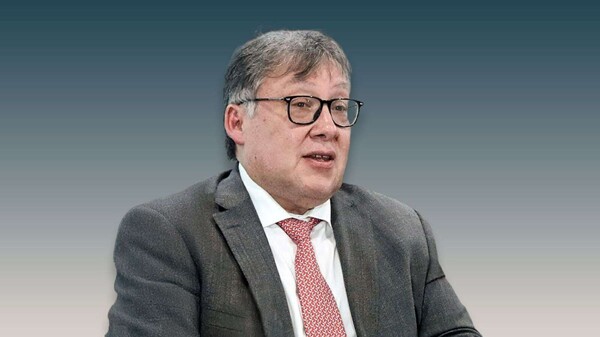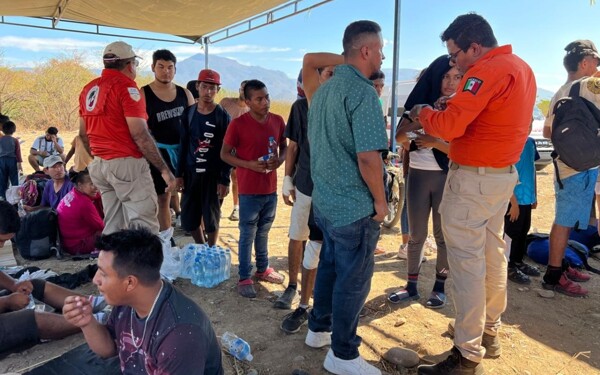
The report 'Benefits on the Run' by Oxfam Mexico revealed that the number of billionaires in Mexico doubled during the presidential term of former president Andrés Manuel López Obrador, increasing from 10 to 22. Although the total fortune of Mexican billionaires remained stable in real terms, reaching 154 billion dollars in 2025, it has been highlighted that this increase is due to an economic model based on dispossession and resource extraction for the benefit of a few.
Among the billionaires in Mexico, it is notable that Carlos Slim continues to be the richest man in Latin America, followed by Germán Larrea and Alejandro Baillères. The report emphasizes that the absence of taxes on large inheritances in Mexico has allowed for the growth of family dynasties, where some new wealthy individuals are heirs to family fortunes.
The document denounces an "abusive pattern" of wealth accumulation that benefits a small group of entrepreneurs at the expense of the rest of the population. It is based on practices such as the appropriation of public resources, the creation of structures to maintain control over these resources, the imposition of barriers to exclude the majority of the population, and the justification of wealth under the narrative of individual effort and meritocracy.
Oxfam highlights that sectors such as banking, water concessions, and the tourist industry exemplify this pattern of wealth accumulation. In the case of banking, it reveals that the largest banks in Mexico have transferred almost half of their profits abroad and have paid low taxes. Regarding water, the concession system has allowed large corporations to control this resource, and in the tourism sector, the privatization of coastlines has generated precarious jobs.
To curb this dispossession of natural resources and promote greater economic justice, Oxfam proposes a tax reform that includes taxes on large fortunes and inheritances, as well as greater regulation in the banking system and water concessions. The organization insists on the need to address these practices to achieve a true distribution of prosperity in Mexico.














